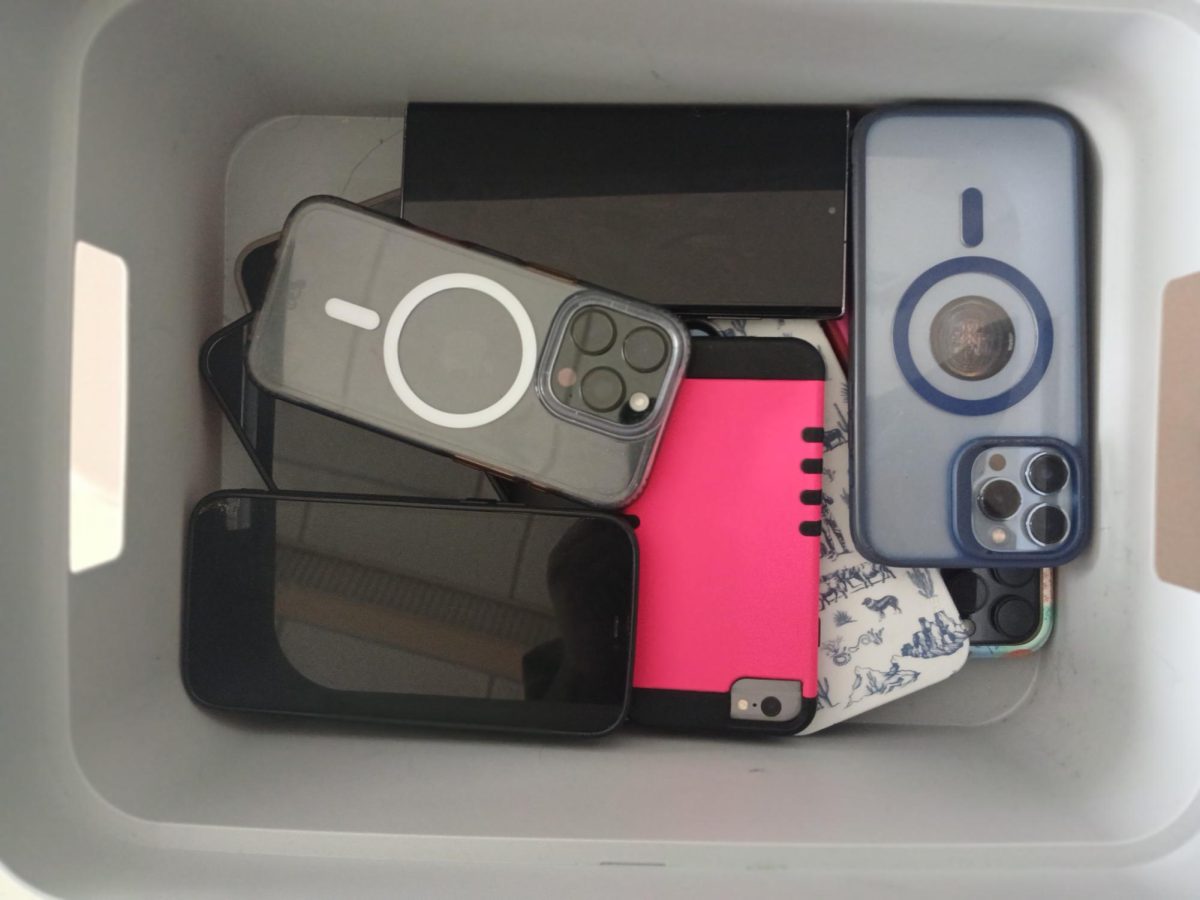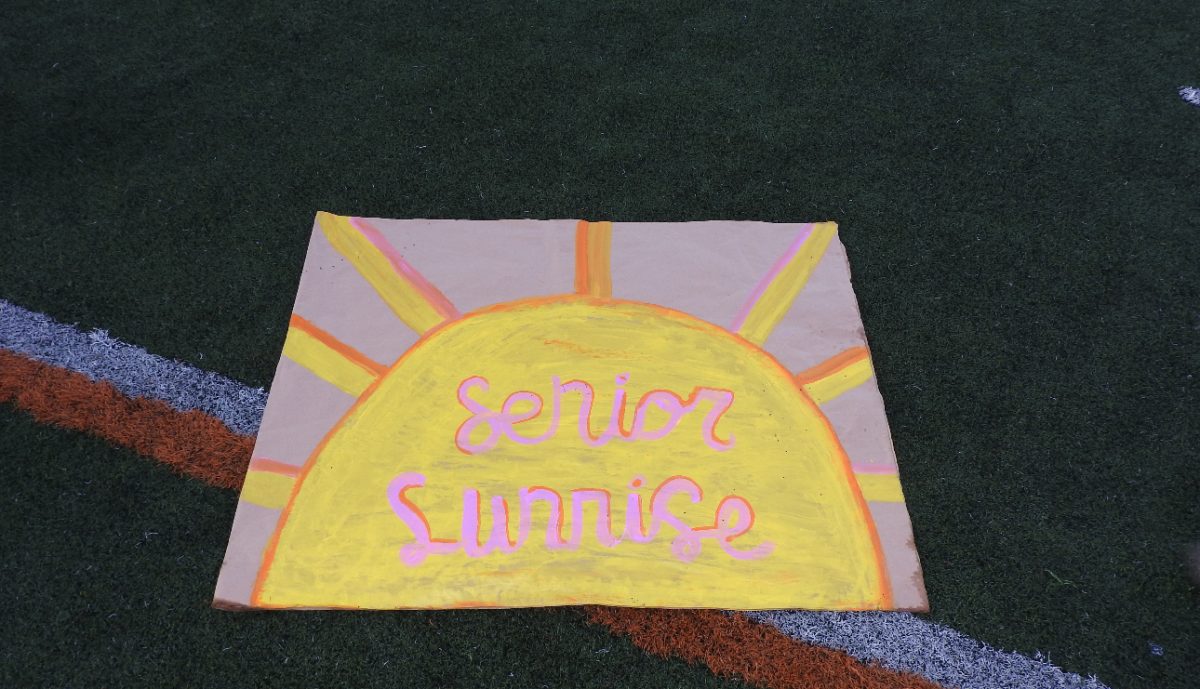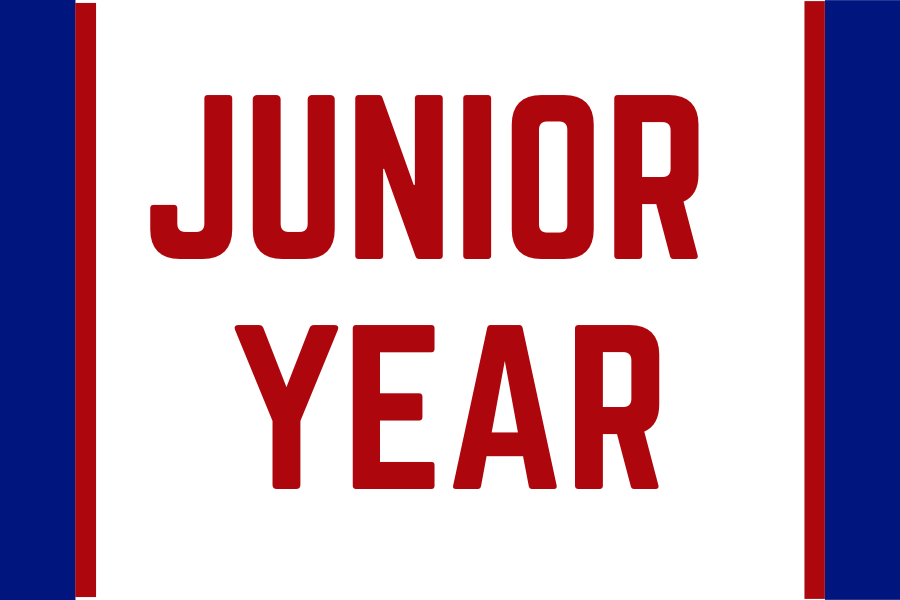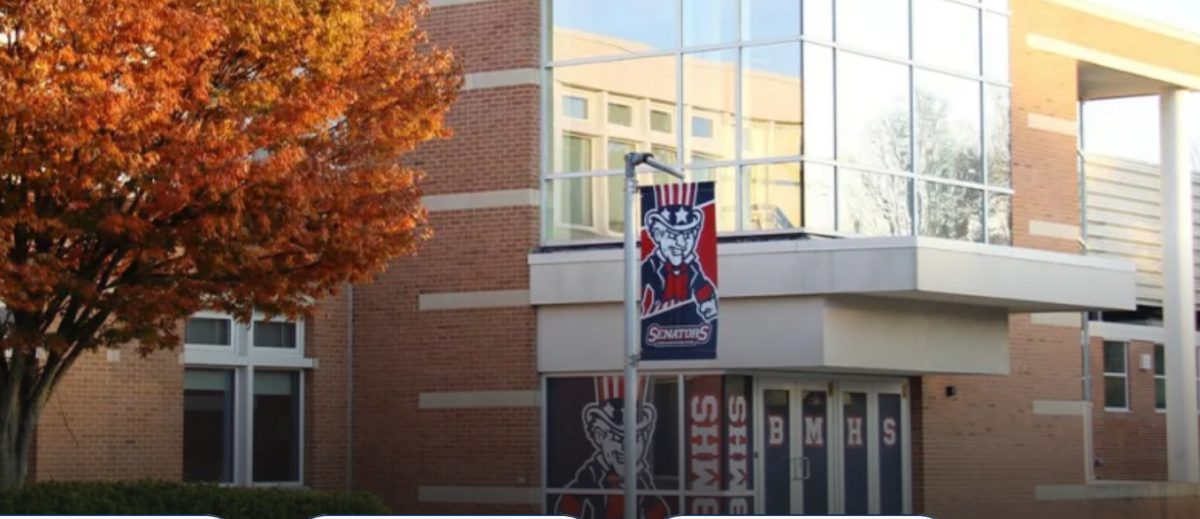At the beginning of the year, many talked about how the tardy policy wouldn’t last two weeks. Now it’s almost the end of January and it’s still here. What’s different this year about the tardy policy?
This year Mr. Albano has taken the initiative to fix the tardy policy. Mr. Albano is currently the assistant principal of the class of 2025 and he oversees the World Language and Multi-Language Department.
Last year was the first time Mr. Albano was in charge of the tardy policy at Brien McMahon. “So, you know, last year being my first year, I just did a lot of observing. And I just felt that we didn’t get into class on time, as seriously as we should.”
However, after analyzing what changes needed to be made from last year. For example “last year there was more handled on the teachers end. So there were a lot of different policies. And that’s sometimes hard because one teacher does it one way and another teacher does it another way.”
Many may notice that before we were able to sign the yellow pass ourselves in the main office if we were late but now that process has changed. As mentioned earlier during Mr. Albano’s first year handling tardies he noticed there was an issue with that system.
“It was actually meaningless like it didn’t mean anything. Like nobody looked at it. Like I don’t even know that was one of my observations like why are we even doing this?”
As a solution, they came up with the idea to record all the morning tardies in one area. Now almost every morning at 7:38, Mr. Albano and security guards have students line up by grade and mark that they are tardy. They came up “with a global uniformed policy building wide…” to make it easier for teachers and keep it consistent.
“As the teacher puts it (tardies) in PowerSchool, I’m able to run almost Excel spreadsheet reports and sort it by grade.” Each assistant principal from each grade has to report the amount of tardies they’ve received that day. With this system, Mr. Albano is “able to run a quick report sorted and it takes probably 10 to 15 minutes for the assistant principals to go through.” With this system they have in place they can look for students who are continuously late and come up with a solution.
As part of their system, they also use a Google form to help record why students are late in the morning. Before students can receive a yellow pass they are now required to fill out a Google Form explaining why they are late. With this system in place, it makes it easier for administrators to understand why students are late and track down who is late consistently.
“And we looked over a two-week span, who’s getting here late? Why are they getting here late? Can we help them? Like some people didn’t have a bus available but they didn’t know how to do it.”
With tardies, it comes with many detentions. As the tardy police states, 0 tardies = enter a weekly raffle for prizes, 2-4 tardies = 30-minute detentions, 5-9 tardies = 1-hour detention, 10-14 tardies = 3-hour detention, 15-19 tardies = parent meeting, and 20 tardies = 1 day of ISS. Students notice that they do not receive any punishment even though they exceed a certain number of tardies.
“We have to filter sometimes, like what kids we’re going to target and when we’re going to target them. There are so many that late in the morning, we don’t want to give 100 detentions. So we look for repeat offenders.”
With handling multiple tardies weekly for a school that consist of more than 1000 students there are going to be many challenges that Mr. Albano will have to face.
Mr. Albano states, “the hardest part is [trying] to help people do better. We’re just there to help students grow and develop into young adults and be successful.” This tardy policy was put in place to prepare students for the future.
“This policy is there for people just to realize that we’re paying attention, that it is a skill that you use for the rest of your life. Some people value it, some people value it, and other people are in between.” Mr. Albano continues to express that this tardy policy is there to not only help make you go to school on time but also for college, when we get jobs, as mentioned before this is a skill you’d need for the rest of your life.
To motivate students to come to school on time, Mr. Albano created Tardy Tuesday. Every Tuesday when they check students’ attendance, those who do not receive a single tardy that week get a chance to win a prize. They randomly choose one student from each grade to win a free Chick-fil-A card. “I sent a letter to the owner of Chick-fil-A and he donated $500 worth of gift cards.” However every Tuesday they also decide who they are giving out detentions to.
Administrators understand that there are countless reasons why students are tardy as it might be a flat tire or a family emergency.
“I hope our students when they leave here, understand that it’s a choice And that it’s important to their success. It doesn’t matter what profession you go into, even if you own your own business and you want to be your own boss, you work for the customer. You’re going to have to be on time at some point. If you go into a job interview you actually should be early. Like it’s a life school and it’s a choice.”








